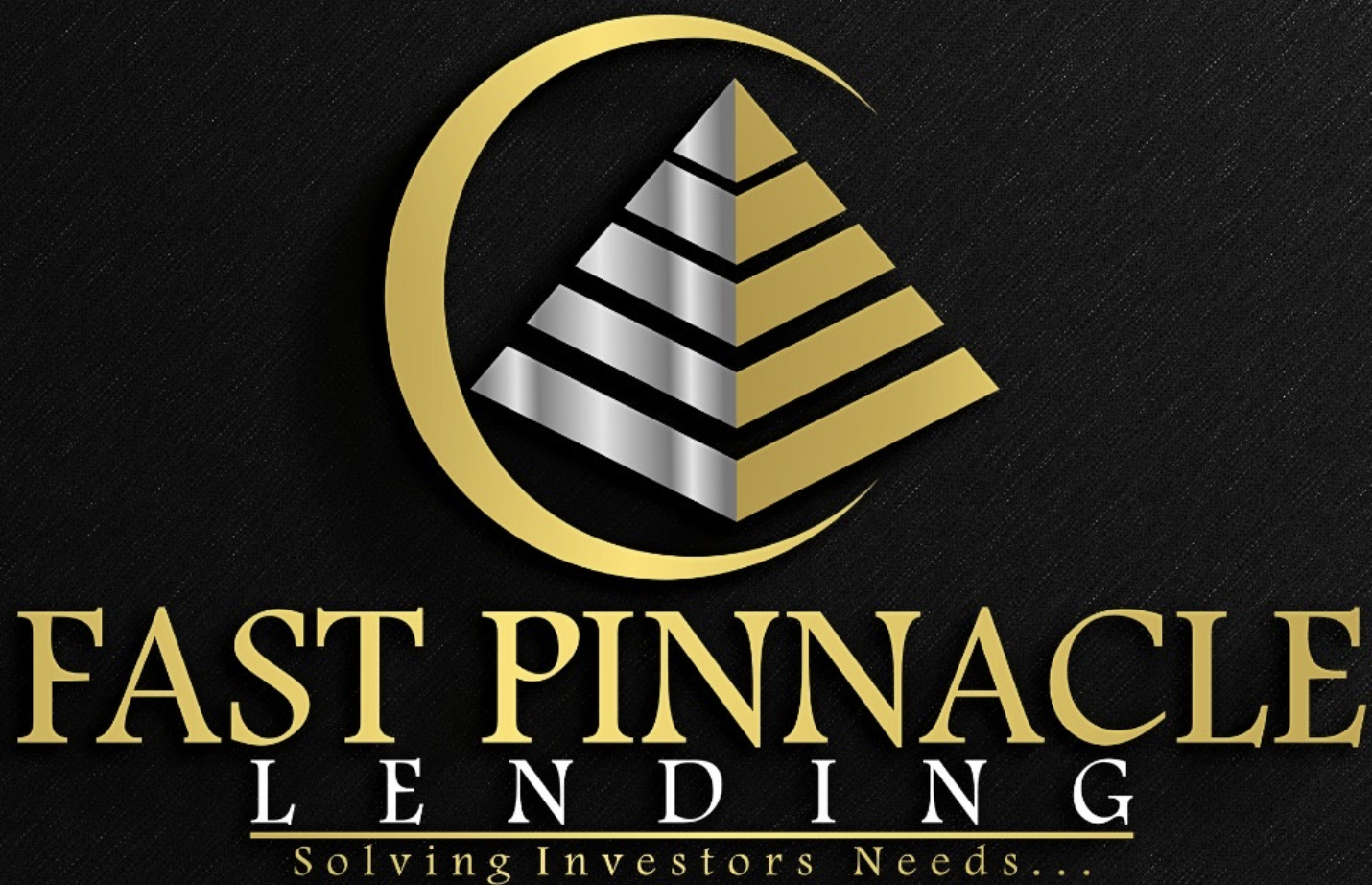When it comes to investing in condos as a rental property, many real estate investors…
Rental Properties Cash Flow: Real Estate Investor Tips

In real estate investing, cash flow from rental properties is the lifeblood of long-term portfolio growth. Cash flow refers to the net amount of income generated from rental property loans and investment property financing. Effective cash flow management is essential to ensure that rental income covers expenses and provides a profit, enabling real estate investors to sustain and expand their portfolios.
How Rental Properties Generate Cash Flow
Rental Income
The primary source of cash flow in rental properties is rental income from tenants. Investors collect monthly rent, which provides a steady income stream. Ensuring that rental income consistently exceeds costs is critical to the success of any real estate investment financing strategy.
Property Appreciation
These properties may appreciate over time, contributing to cash flow when the property is sold or refinanced. As property values increase, so do the opportunities for real estate investors to leverage their equity through rental property loans and other investment property financing options.
Tax Benefits
Rental properties often come with tax benefits that improve cash flow. Deductions for property taxes, mortgage interest, depreciation, and repairs can significantly reduce taxable income, further enhancing returns for real estate investors. Always consult a tax professional to maximize these opportunities.
Equity Growth
As tenants make monthly rent payments, rental property loans decrease, increasing the equity in the property. This equity can then be leveraged for additional investment property loans or used in a cash-out refinance to reinvest in rental properties.
4 Financing Strategies to Boost Rental Properties Cash Flow
To optimize cash flow from rental properties, real estate investors can use these financing strategies:
1. Refinance Your Loan
Refinancing a DSCR loan (Debt Service Coverage Ratio loan) can immediately improve cash flow by lowering monthly payments. Real estate investors can secure better terms or lower interest rates, freeing up funds for further investments.
2. Consolidate Rental Properties Under One Loan
For those managing multiple rental properties, consolidating them under a single rental portfolio loan can save costs. A rental portfolio loan helps streamline real estate investment financing, reducing the number of payments and fees.
3. Use a Cash-Out Refinance
A cash-out refinance allows real estate investors to tap into the equity of a property and reinvest the cash in other investment properties or upgrades. By refinancing an existing DSCR loan for a higher amount, investors unlock cash that can be used to boost rental income through property improvements.
4. Consider DSCR Loans for New Investment Properties
DSCR loans assess the net operating income (NOI) of a property against its debt obligations, making them an ideal tool for rental property investors. The flexibility of DSCR loans, which focus on rental income rather than personal credit scores, makes them a preferred choice for acquiring additional rental properties.
Final Thoughts
Maximizing investment properties cash flow is crucial for long-term success. Through strategic real estate investment financing, such as DSCR loans, refinancing, and rental portfolio loans, real estate investors can enhance their rental income and grow their portfolios. Understanding how rental properties generate cash flow and employing these financing strategies ensures that rental property investments remain profitable and sustainable.




